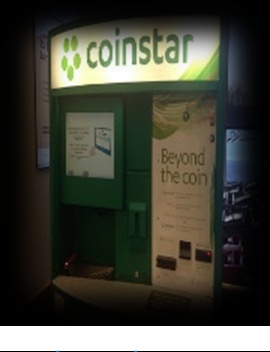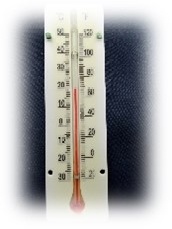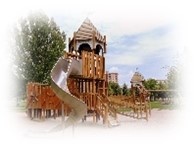Understanding Addiction: The Power of Parts Work in Recovery
Addiction, a pervasive issue affecting millions worldwide, manifests in various forms—from substance abuse to compulsive behaviors like gambling or other harmful habits. Our therapists at Healing Focus Counseling are trained and experienced in working with clients recovering from addiction. Amidst the complexity of addiction, a promising approach gaining traction is parts work therapy. This method delves into the multifaceted nature of addiction, breaking it into manageable pieces for targeted treatment.
At its core, parts work revolves around recognizing and understanding the different “parts” of an individual’s psyche, each with its motivations and functions. One crucial element in addiction therapy is identifying the “addictive part,” which drives cravings and the pursuit of addictive substances or behaviors. By exploring this part, individuals gain insight into their triggers and can develop healthier coping mechanisms.
Parts work extends beyond the addictive part to encompass other parts contributing to addiction. For instance, a “protective part” might emerge, shielding individuals from underlying trauma or emotional distress by engaging in addictive behaviors. Through parts work, individuals can confront these underlying issues, promoting healing and resilience.
Parts work fosters self-awareness and self-compassion—essential ingredients for recovery. By acknowledging that addiction stems from a complex interplay of factors rather than a moral failing, individuals can release feelings of shame and guilt. This shift in perspective empowers them to approach recovery with compassion and determination.
Individuals who engage in parts work gain the tools needed to actively navigate their recovery. By recognizing and understanding their different parts, individuals can proactively manage triggers and cravings, taking control of their healing process.
Importantly, parts work promotes integration and wholeness. Rather than viewing addiction as something separate from themselves, individuals learn to accept and love all parts of themselves. Through this process, they can gently address underlying wounds and traumas, cultivating personal growth and fulfillment.
Here at Healing Focus Counseling, our therapists utilize parts work along with other evidence-based treatments to offer tailored support for individuals seeking recovery. If you or someone you know is struggling with addiction, take the first step towards healing by scheduling an appointment with one of our experienced counselors. Together, we can embark on a journey towards understanding, healing, and reclaiming a life of health and wellness.
Contact us at 801-679-3932
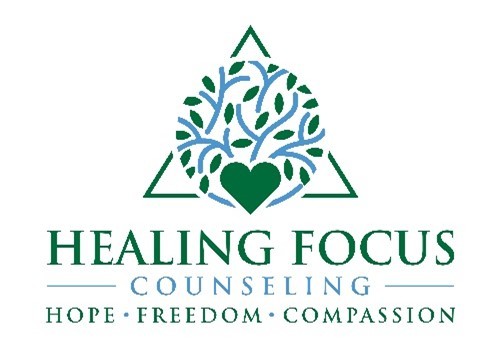

 It’s a familiar memory for a lot of Americans: sitting around the table for Thanksgiving dinner, each person taking a moment to mention the things they’re grateful for. We still do it. It can heart warming and funny. Unfortunately, being grateful seems to be something we’re reminded of only once a year on the holiday.
It’s a familiar memory for a lot of Americans: sitting around the table for Thanksgiving dinner, each person taking a moment to mention the things they’re grateful for. We still do it. It can heart warming and funny. Unfortunately, being grateful seems to be something we’re reminded of only once a year on the holiday.

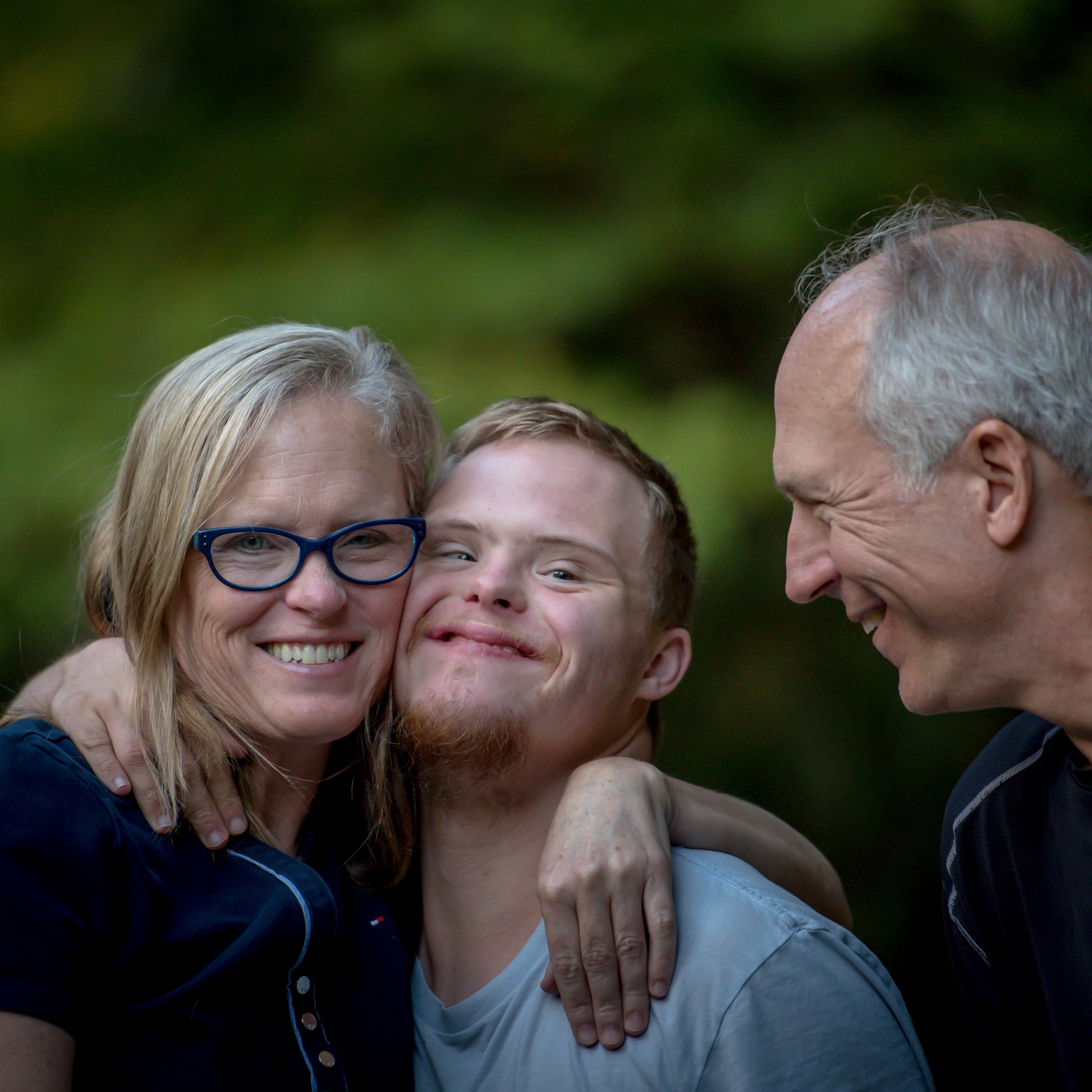
 Healing Focus Counseling – Encouraging Healing through Mental Health
Healing Focus Counseling – Encouraging Healing through Mental Health